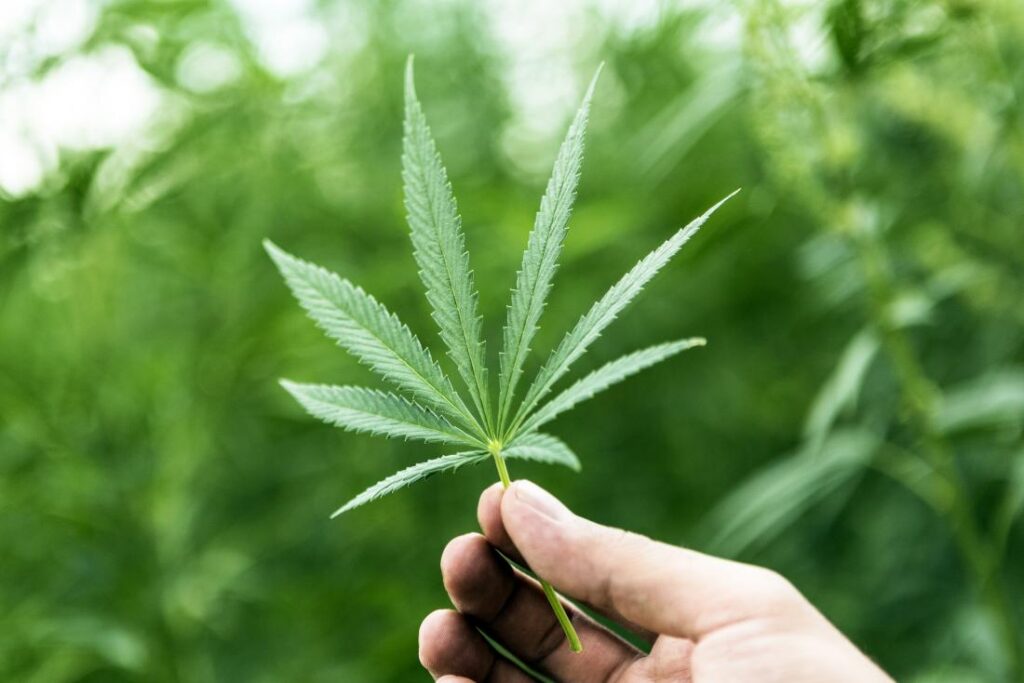Ulcerative Colitis (UC) is a disease of the inflammatory bowel that causes inflammation and ulcers in the digestive tract. In Ulcerative Colitis, the innermost lining of the intestine (colon) is affected. This disease affects the gastrointestinal tract and has a relapsing nature.
The symptoms of UC can be diarrhea, an urgency to defecate, abdominal pain, rectal pain, blood in the stool, fever, fatigue, weight loss, malnutrition, dehydration, etc. Severity of the inflammation can lead to serious health complications like increased risk of colon cancer, bleeding, bone loss, hole in the colon, etc. Though there is no exact reason for Ulcerative Colitis to happen, it is suspected to develop due to factors such as immune disorder, genetics, bacteria or viruses can spark the immune system, etc.
UC can be diagnosed with the help of different tests like colonoscopy, endoscopy, biopsy, stool test, etc. UC can be of different types like proctosigmoiditis, ulcerative proctitis, left-sided colitis, pancolitis, and acute severe ulcerative colitis. There is no permanent cure for UC, but treatment can reduce symptoms and can bring long-term remission and prevents relapses.
UC or Pittaj Grahani in Ayurveda is a disease of purisha vaha srotas which is caused by Pitta Pradhana Vata doshas. Ayurveda works on the philosophy of doshas, Vata, Pitta, Kapha, any imbalance in the doshas creates health issues in one’s body. As per Ayurveda, treatment involves Shamana chikitsa (internal medicines), Shodana chikitsa (Panchakarma therapy), lifestyle modifications and stringent diet regime. In more severe case, Panchakarma therapy plays a vital role as it quickly detoxifies & rejuvenates the digestive system, controls the inflammation, rectal bleeding and heals the ulcerations.Past analysis has shown that by getting Ayurvedic treatment, patients can avoid the colon surgery.
UC can be treated with a combination of treatment, i.e. diet, medication or in severe cases surgery. We’ll look at each of the treatments separately:
• Diet
It is suggested that one suffering from UC should take low fibre and low-fat diet, the idea is to eat healthy and light, the fat will avoid flaring up the colon and fibre will reduce the number of stools one passes. One should have a good amount of fruits and vegetables and a diet that feeds ample nutrients and vitamins. Some medical practitioners may advise stopping the intake of dairy products if one is lactose intolerant.
There are some home remedies to treat UC; one can have probiotics that are filled with healthy bacteria avoiding inflammation. One can use turmeric in daily cooking; turmeric is an age-old herb that has antioxidant properties.
• Medication
Various kinds of medicines are being used to treat UC that leads to controlling the symptoms. The medicines may include antibiotics.
• Surgery
In severe case of UC, the patient has to undergo surgery; the surgery might involve the removal of the colon and the rectum. Due to the advancement of medical technology, an internal pouch is created and is linked to the anus, avoiding ileostomy.
- Pain in the abdomen (belly area) and cramping.
- A gurgling or splashing sound heard over the intestine.
- Blood and possibly pus in the stools.
- Diarrhea, from only a few episodes to very often.
- Fever.
- Feeling that you need to pass stools, even though your bowels are already empty. …
- Weight loss.
Cannabis and Ulcerative Colitis
In some of the studies, cannabis has shown signs of decreased inflammation and maintain remission of the condition, so usage of cannabis to treat symptoms of UC such as abdominal pain, nausea, diarrhea, etc. might be helpful.
A professor of microbiology and physiological systems at the University of Massachusetts Medical School in Worcester researched how cannabis stops inflammation.
They started the research by acknowledging an already known inflammation process that occurs when the body is infected with a pathogen. The neutrophil influx is a normal reaction of the immune system that sends neutrophils a type of white blood cell to fight against foreign microorganisms such as viruses or bacteria.
However, if the immune cells react disproportionately, they can also destroy the epithelium, which is the protective layer of cells that lines the inside of the intestine. So, to stop the overreaction of the immune response, particular molecules are “dispatched” and transported across the epithelium to stop the inflammation.
It was found that the second process requires endogenous cannabinoids (endocannabinoids), which are naturally produced by our bodies and have a similar effect to the cannabinoids in cannabis.
By performing experiments in mice and human cell lines, the team found that if endocannabinoids are lacking or are insufficient, the body cannot control the inflammation process anymore and the neutrophils attack the protective intestinal layer. The scientists believe that cannabis makes up for the natural cannabinoids, inducing the same anti-inflammatory effect that endocannabinoids would have.
To conclude, all the arguments, discussion, debates reach one point, i.e. whether the studies that have been conducted are enough to consider the usage of medical cannabis to treat any ailment. Can one overlook the side effects of cannabis? It is always advisable to consult a medical practitioner before using cannabis to treat any illness. And it is also vital for the medical practitioner to be well informed about medical cannabis and the studies available on it, to advise patients accordingly.
Ulcerative Colitis
https://www.medicalnewstoday.com/articles/322764#How-cannabinoids-stop-the-inflammation




